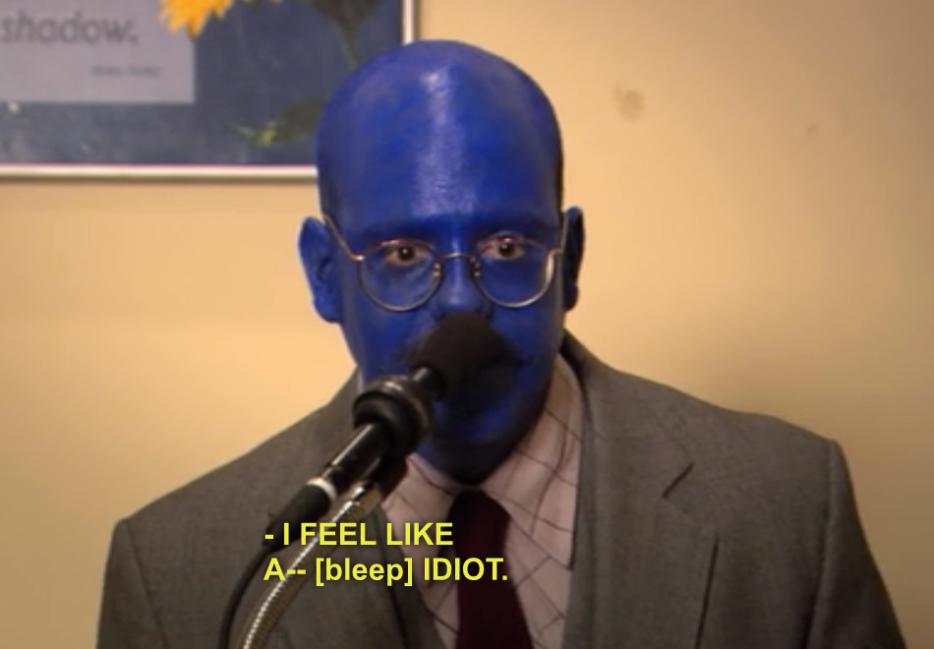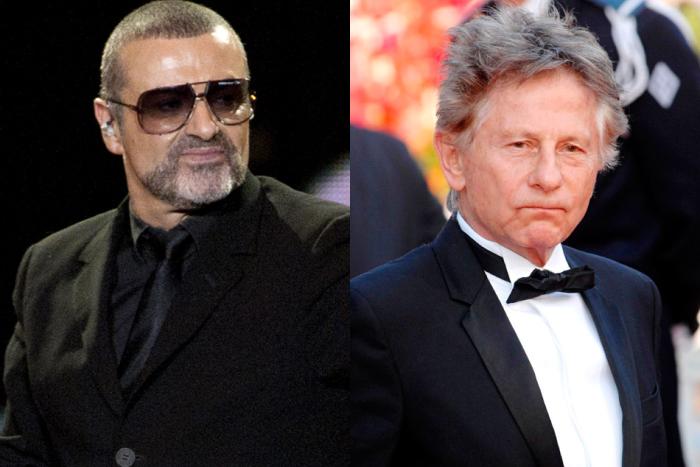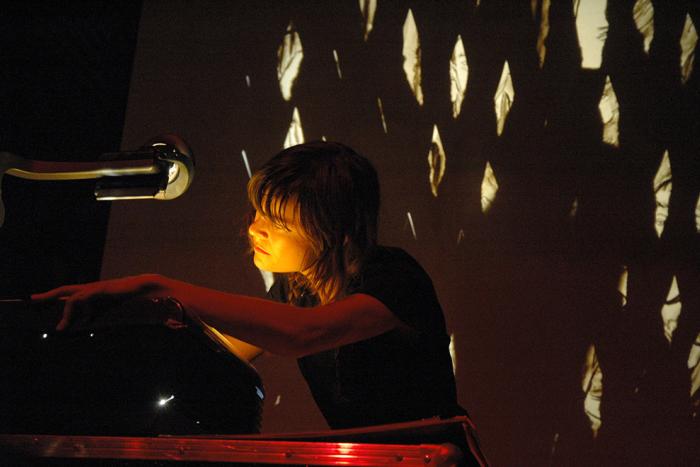If it’s true that Arrested Development was a show built for the obsessive attention of the Internet several years before the Internet was mature enough to properly obsess over it, it’s safe to say that we have all made up for lost time. If the show had half as many viewers during its original run as it has had joke breakdowns, cast interviews and legacy think-pieces in the lead-up to its return, it never would have gone off air in the first place.
The genius of the series is generally attributed to its intricate structure, its callbacks and running jokes planned, placed and executed with better efficiency than most public transit systems. Individual episodes will set up and play off jokes with such speed and regularity that it can be surprising to return to the show (which I just did for, I think, the seventh time) and find out that something you thought was a series-long gag was merely sprung, stretched, inverted and paid off across a dozen instances in 22 minutes. There are perhaps a few sitcoms in the 10 years since Arrested Development debuted that can compete with it for sheer density of jokes, but there’s nothing on television—well, maybe, maybe, Mad Men, with its fractal-pattern character building—able to tie nearly every line, every gesture into a cohesive whole.
If we want to admire the show’s big brain, though, it’s worth remembering that every impressive neural network needs a stem to keep itself going. Underneath its more obvious jokes—or at least its first-through-fourth-most-obvious jokes—the central conceit of the show is our inability to communicate, our inability to fully (sometimes even remotely) understand what other people are actually saying. If there is one thing that underlies almost the entirety of the show’s verbal, and a good deal of its visual, humour, it’s this: we’re only hearing what we want to hear.
This trait is pretty much literally embodied in the form of Tobias, who basically doesn’t have a line that isn’t rife with homoerotic subtext, if not basic misunderstanding of the world (Blue Men, anyone)? But it pops up constantly: Michael’s fervid search for Hermano, or complete inability to recognize Rita’s MRF status, or understand George Michael’s girl problem; “There’s always money in the banana stand”; Lindsay’s inability to flirt; GOB’s utterly outsized confidence, which relies entirely on not paying attention to what anyone else thinks of his tricks; Maeby’s very name; Oscar’s repeated attempts to tell Buster he’s his father.
The show’s most famous running gag, the loss of Buster’s arm, is this idea written across a season. On first viewing, none of the, ahem, off-hand references to having a hand off actually register: a news report about a seal attack, Buster’s musings about missing hands, even the shouted warnings of “loose seal” that Buster, naturally, misinterprets to be about his mother, are all missed. And yet, all are also plain as day, once you know what’s actually being said.
Misunderstanding, of course, is basic comedy, and the essential ingredient to farce, which, for all its heady intricacy, is essentially how to classify Arrested Development. (It’s also basically all there is to puns, which the show uses from episode titles right on down.) Plenty of sitcom plots rely on a diverse interpretation of basic facts. But Arrested Development took this from plot device to basic fact of life; for all their other faults, the Bluths’ most basic problem is that they are constantly shaping the world into one that is the most amenable to them, regardless of facts (namely, that their company’s money is theirs and not the company’s).
This is of course always played for laughs, but it was also a perfect trait for the early days of the Iraq War, when Arrested Development premiered. “Mission Accomplished,” which the show slapped onto a background banner at nearly every Bluth Company celebration, is a prime example of a lie that seems less malevolent than simply incompetent; presenting trumped-up evidence to the UN is more sinister, but there’s an extent to which administration officials were seeing a smoking gun in a load of bollocks, too.
But this kind of thing hardly needs to follow some zeitgeist: willful blindness—or at least never checking to see if our mirror is warped, so long as our reflection is sufficiently flattering—is as close as anything to a basic fact of human existence. And it seems to still be very much at the heart of the series, with even the basic structure of the new episodes on Netflix, following each character through the same series of events, a pretty pure distillation of the idea.
And it’s also maybe the most important takeaway, if you can see between the lattice of laughs. As the show’s vaunted density, its interconnectedness, implies, these people are not so much individuals as variations on a theme, a running joke popping up in slightly different shades and tones. And the joke is that even as we’re laughing at them, we’re missing just as much as they are.
Well, maybe not as much as Tobias.






